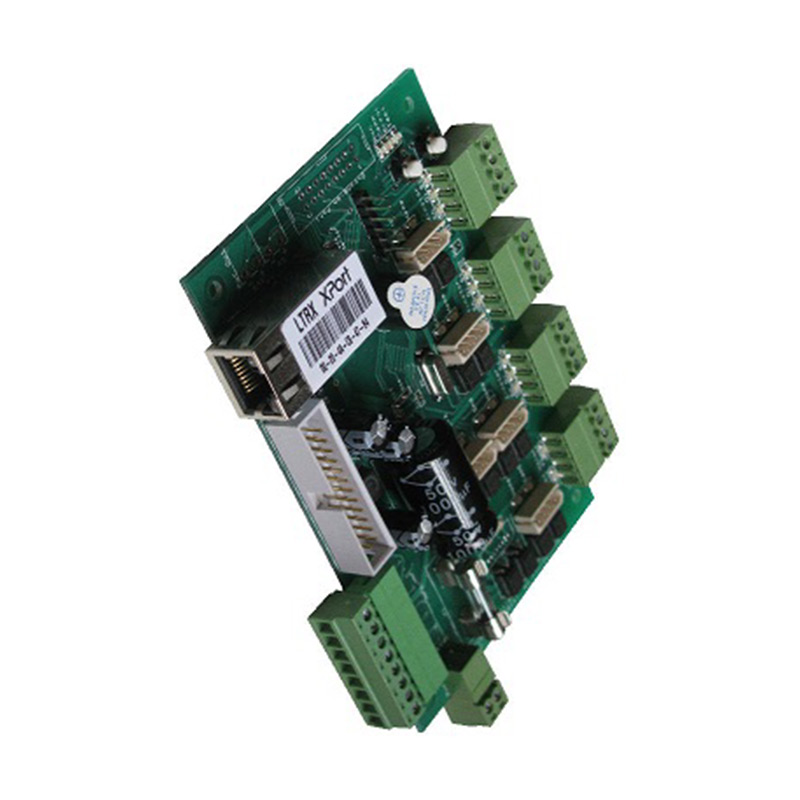

The Versatility and Aesthetics of IGU Glass Panels
In the modern architecture and construction landscape, the use of Insulated Glass Units (IGUs) or IGU glass panels has become increasingly prevalent. These panels serve not only as a functional component of buildings but also as a key player in enhancing aesthetics. This article explores the advantages, applications, and future potential of IGU glass panels in various settings.
The Versatility and Aesthetics of IGU Glass Panels
One of the standout features of IGU glass panels is their versatility. They can be customized to varying thicknesses and sizes, making them suitable for a wide range of applications. From residential to commercial buildings, IGUs are utilized in windows, facades, skylights, and even doors. This adaptability allows architects to integrate them into diverse designs while ensuring maximum functionality.

In addition to their practical benefits, IGU glass panels offer significant aesthetic advantages. They can be manufactured with different coatings, colors, and patterns, enabling architects and designers to unleash their creativity. For instance, low-emissivity (Low-E) coatings minimize glare and enhance energy efficiency while providing a sleek, polished look. Tinted or frosted options add privacy without sacrificing natural light. The ability to seamlessly blend functionality with style makes IGUs a favored choice among designers looking to create modern, inviting spaces.
Moreover, IGU glass panels also promote natural lighting in buildings, which has been linked to improved well-being and productivity. By incorporating large IGU windows or glass facades in design, architects can create open and airy environments that foster connectivity with the outdoors. This biophilic design trend emphasizes the importance of natural light and views in working and living spaces, contributing to overall occupant satisfaction.
As sustainability becomes a central theme in building design, the importance of IGU glass panels cannot be overstated. Their energy efficiency aligns with global initiatives aimed at reducing energy consumption and promoting greener practices. Furthermore, advancements in glass technology continue to improve the performance of IGUs, with innovations such as triple-glazing and gas-filled spaces that enhance insulation performance.
In conclusion, IGU glass panels represent a harmonious blend of functionality, aesthetics, and sustainability. Their energy-saving properties, versatility in design, and ability to create inviting atmospheres make them an essential component in contemporary architecture. As we move towards a more sustainable future, the demand for IGU glass panels is expected to rise, solidifying their place in the construction industry. Whether in residential homes or towering commercial buildings, the impact of IGU glass panels is profound, shaping the way we experience and interact with our built environments.